In Pakistan, there is always at least one person in every family who is pushed to give the medical college entry test examination, MDCAT, after completing their pre-medicine degree. Most of the time, it is that one child who has relentlessly produced straight A’s or the highest marks in their class or the child who does not know what they want out of life. Parents, without a second thought, nudge them into medicine because, as our dear people of Pakistan say,
“Doctors and engineers are the only two professions worth calling professions,”
“There is no other profession besides medicine that people highly respect,”
“Doctors are the cream of this nation,”
“Doctors have a mind that no one else can possess,”
and so many other famous lines which I am pretty sure you have heard somewhere around you, and maybe sometime in your own life.
I am a final-year medical student, about to graduate, so needless to say, I have also heard such glorifications about this degree since my childhood. I have gone through the hardship of the medical entry test, not once but twice (I was an A-Level student), and I have lived through the trauma of five years of medical college. After all this struggle, I have reached the conclusion that no degree, no profession, no amount of respect is worth your peace and sanity. The people who sell you anything that costs you your peace have just not broken their own vicious cycle of people-pleasing.
By writing this article, I am not discouraging anyone who wants to pursue medicine as a profession; rather, I am spreading awareness about the ‘other realities’ of this field that no one talks about. In this way, anyone can make an informed decision regarding their professional life.
The Reality of Medical Education in Pakistan
Medicine in Pakistan is a rigorous degree of five years, with an additional one year of internship. In these five years, most students decide to give an international medical licensing exam, and they do so because in Pakistan, a medical degree is just not enough to provide you with financial security. So, if you add the responsibility of passing not just your annual exam but another one (or two if you are in a hurry to get out of Pakistan), which, mind you, costs a lot of Pakistani rupees, the pressure that a 23-year-old student has to go through is enough to make them feel like an old man. Now, add the expectations of your parents, and the child suffers from routine panic attacks.
However, if you are not sure about moving out of Pakistan (like I was), the five years of medicine alone can affect you a lot. Throughout the years, there is a lot of pressure to pass each test, OSCE, viva, and competition from your peers. In the first year of this degree, you are expected to dissect cadavers and begin to study human anatomy deeply. From the third year, you are expected to go to the hospital wards and deal with real-life patients. In the final year, you will come face to face with death, and maybe for many students, this is their first time coming to terms with the impermanence of life.
Unlike your expectations, no one will validate your feelings. No classmate or friend will stand up for you if you are being wronged, and no teacher will understand that you could not study because you had severe anxiety last night. Sometimes your capabilities will be judged in comparison to your peers, and many days you will be ridiculed by your seniors for not taking the vitals of a patient correctly. Often, your colleagues will intentionally ignore helping you because, of course, it’s not a medical university but Hunger Games. When you begin to work in a hospital as a house officer, the experience becomes a whole new ballgame because, by then, you will be working endless days, many sleepless nights, and for far less than six figures. In fact, students who are studying in a private medical university will not receive any salary during their one-year house job.

Reconsidering Career Choices
Again, I am not asking you to boycott medicine. It is a profession like any other rigorous challenge that breaks you but, if you are willing, will reshape you into a better version of yourself. However, if someone decides not to choose this degree and intentionally goes for an art degree, a business one, or writing, cooking, law, or any other career path, please encourage them. The world is beyond medicine and engineering degrees. You will never know how much happier, lighter, and more fulfilled they will be if only they spent their lives pursuing something their hearts wanted rather than what society thought they should want.








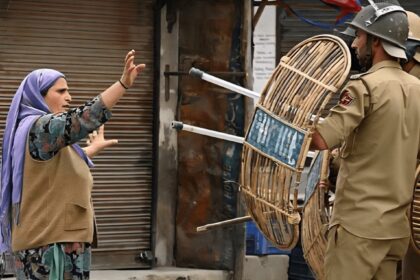

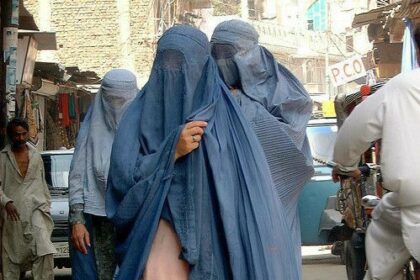
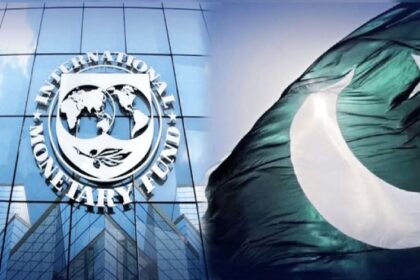

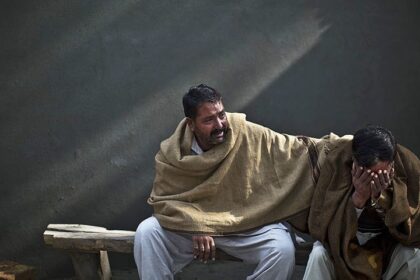
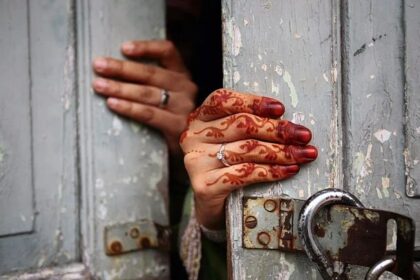


Well said